ESG
& Non-Financial Reporting
-
What Is a Segment?
-
Why Segment Reporting Matters
-
Required by Accounting Standards
ESG & Non-Financial Reporting
ESG reporting stands for Environmental, Social, and Governance reporting.
It focuses on non-financial information that reflects a company’s impact on the
world, people, and how ethically it operates. ESG and other non-financial
reports go beyond profit—they measure sustainability, diversity, and
integrity.
“Financial numbers tell you how a business performs—ESG shows how it behaves.”
“Financial numbers tell you how a business performs—ESG shows how it behaves.”
What Is a Segment?
An ESG report may include a variety
of non-financial data that reflects how a business operates beyond profits. Environmental
data might cover carbon emissions, energy consumption, and efforts to
reduce waste. Social data often highlights employee diversity, working
conditions, and community involvement. Governance data focuses on
aspects like board structure, anti-corruption policies, and overall
transparency. These factors are becoming increasingly important to investors,
customers, and regulators, who want to know not just what a business
earns, but how it earns it—with integrity, responsibility, and
sustainability.
2. Why Segment Reporting Matters
Non-financial performance can
strongly affect a company’s reputation, risk profile, and long-term value.
For example, a company with poor environmental practices may face legal trouble
or customer backlash. On the flip side, businesses that focus on sustainability
often attract more investors and loyal customers.
3. Required by Accounting Standards
Several
global frameworks guide ESG reporting, including:
Though not always mandatory, these standards help businesses report their ESG efforts in a consistent and meaningful way.
- GRI (Global Reporting Initiative)
- SASB (Sustainability Accounting Standards Board)
- TCFD (Task Force on Climate-Related Financial Disclosures)
Though not always mandatory, these standards help businesses report their ESG efforts in a consistent and meaningful way.
Key Takeaways
✅ ESG stands for Environmental, Social, and Governance
reporting
✅ It measures a company’s sustainability, ethics, and social impact
✅ ESG reporting supports investor confidence and brand trust
✅ Popular frameworks include GRI, SASB, and TCFD
✅ It’s becoming a key part of advanced reporting for responsible businesses
✅ It measures a company’s sustainability, ethics, and social impact
✅ ESG reporting supports investor confidence and brand trust
✅ Popular frameworks include GRI, SASB, and TCFD
✅ It’s becoming a key part of advanced reporting for responsible businesses
Write your awesome label here.
Access all Accounting and Bookkeeping Courses from One Portal.
Mastering Bookkeeping and Accounting
MBA simplifies accounting, ledger management, account balancing and financial statement preparation.
QuickBooks Online For Bookkeepers
From Beginner to Expert: Master QuickBooks Online. Effortlessly Navigate, Analyze Transactions, and Unlock its Full Potential.
Xero Accounting For Bookkeepers
Learn how to use Xero, the leading online accounting software to perform most of the essential bookkeeping tasks.
ChatGpt for Bookkeepers and Accountants
Learn how to use the ChatGPT prompt toolkit to simplify daily accounting tasks for accountants and bookkeepers instantly.
Subscribe to our newsletter
Stay informed with the latest accounting tips, tools, and updates from Accountutor right in your email inbox.
Thank you!
Policy Pages

Download QuickBooks Online PDF Guide
Thank you!
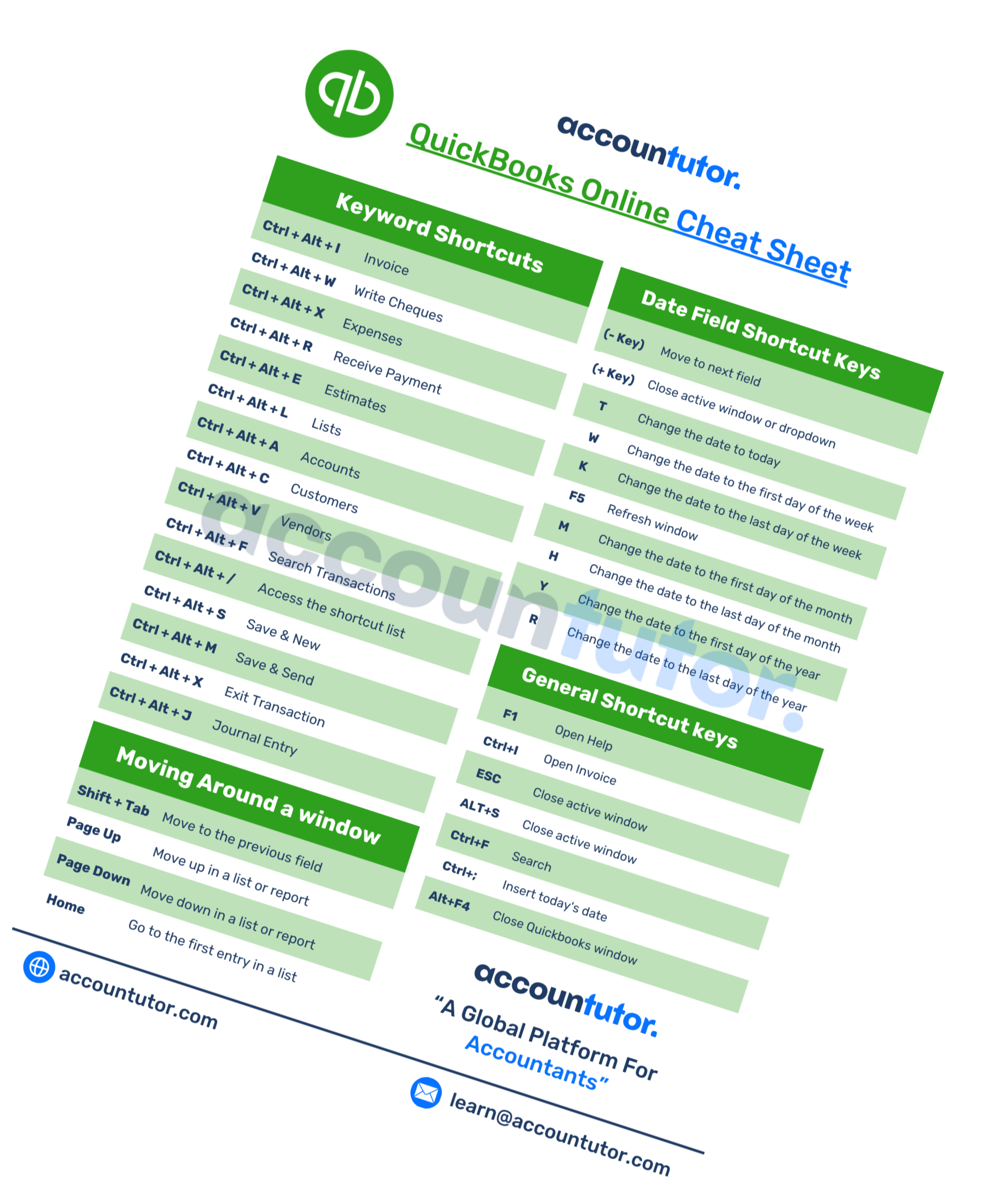
Download QuickBooks Online Cheat Sheet
Thank you!

Download ABCD of Accounting
Thank you!
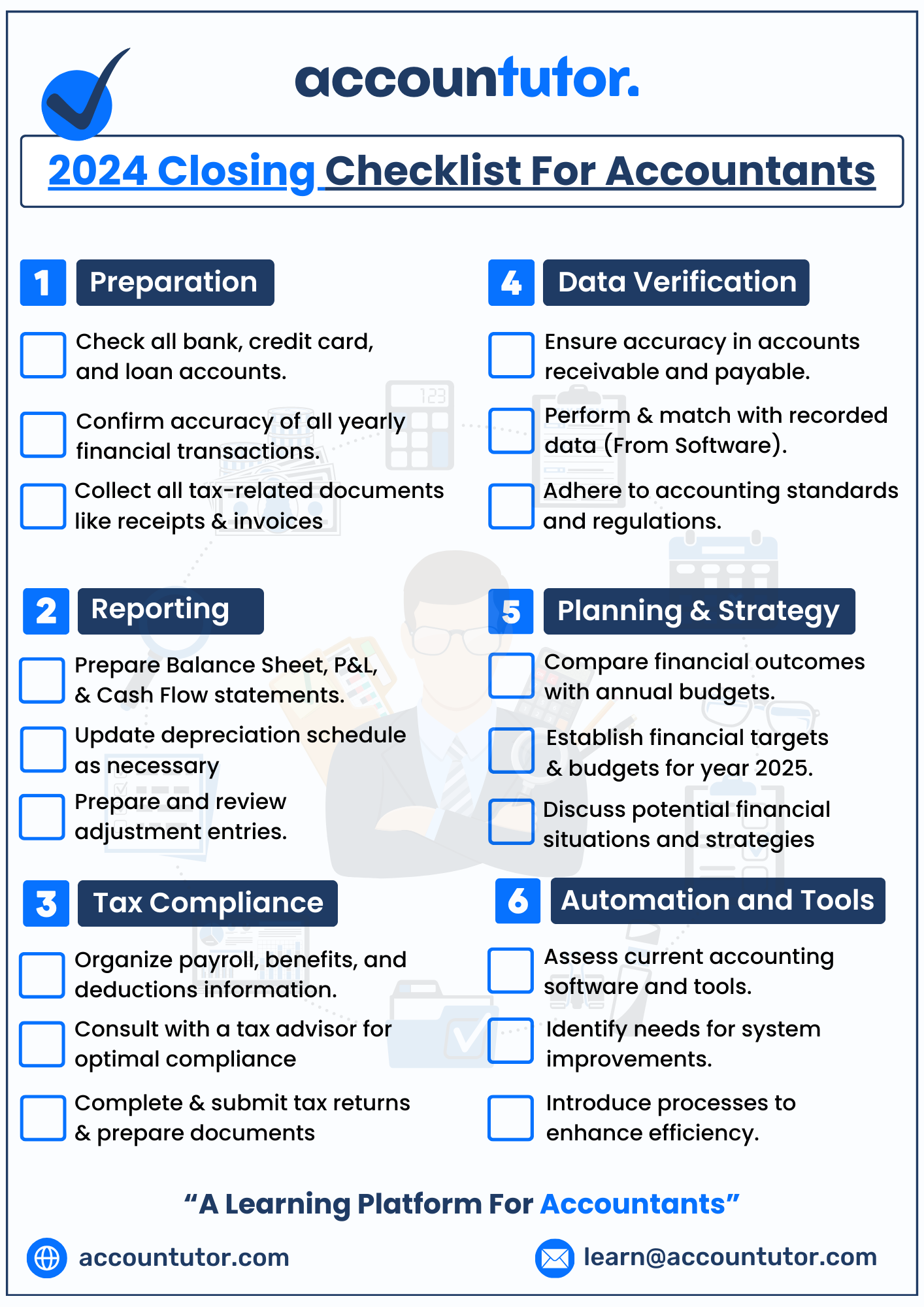
Download Checklist 2024
Thank you!
Register For Free!
Thank you!
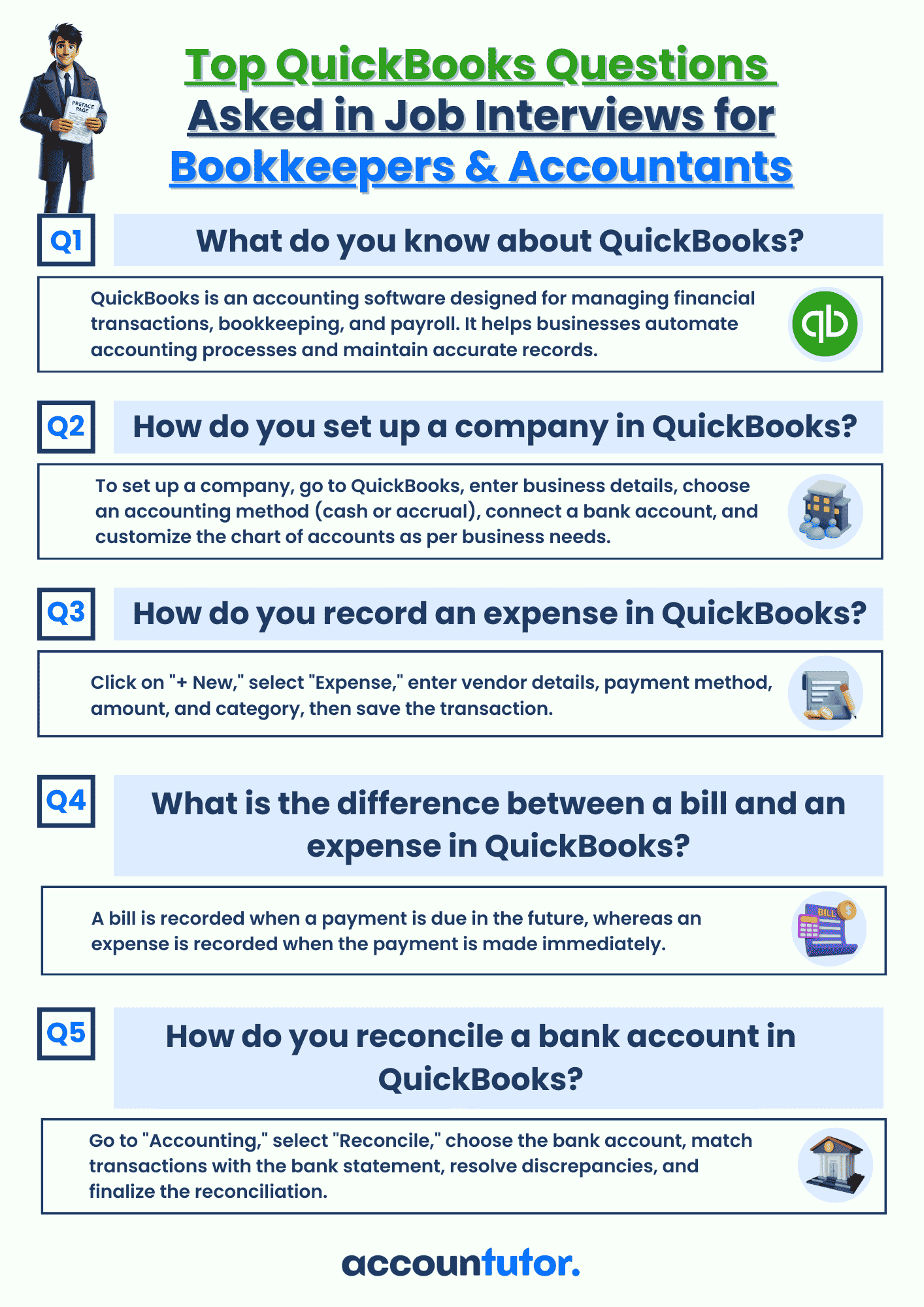
Download Interview Questions
Thank you!
Register for this webinar: How to Master QuickBooks Online— Without Feeling Overwhelmed
7th JUNE 2025 | 8:00 AM PST | 11:00 AM EST
Thank you! The joining link will be sent to your email shortly!
Webinar joining link will be sent to your email address.
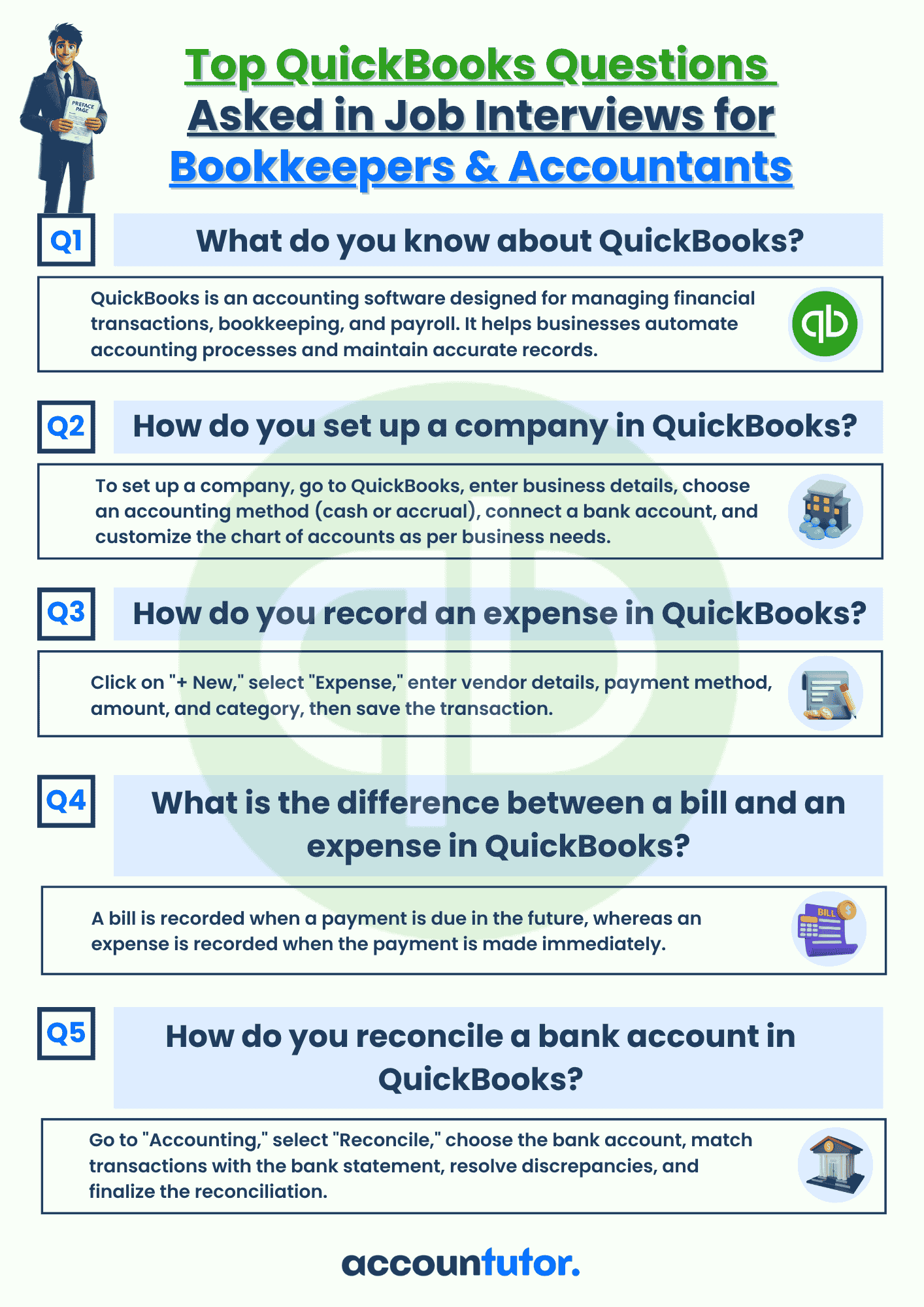
Download QBO Job Interview Questions and Answers PDF
Thank you!
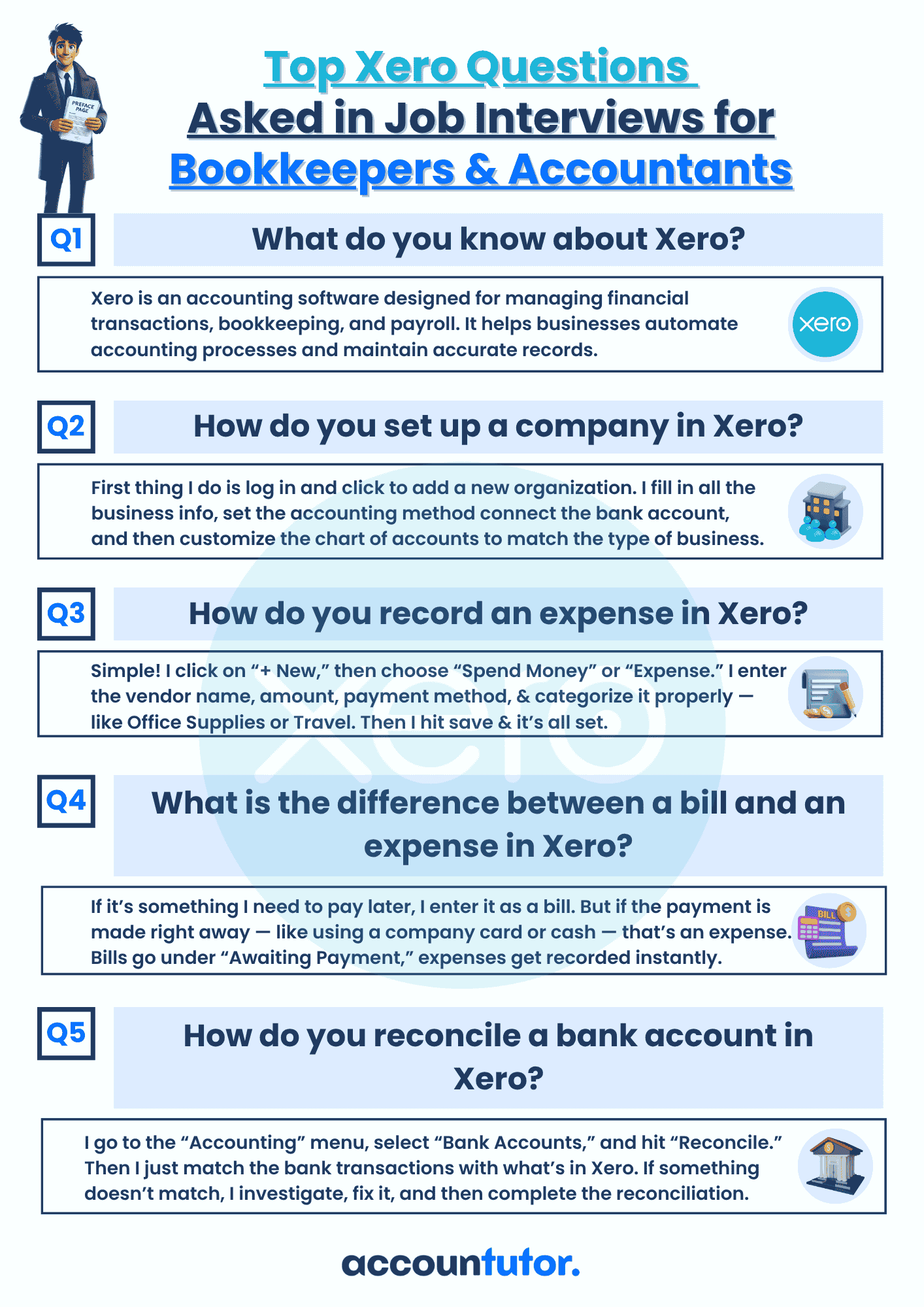
Download Interview Questions
Thank you!

Download 50 Interview Questions For Bookkeepers
Thank you!

Download QuickBooks Online Guidebook
Thank you!

